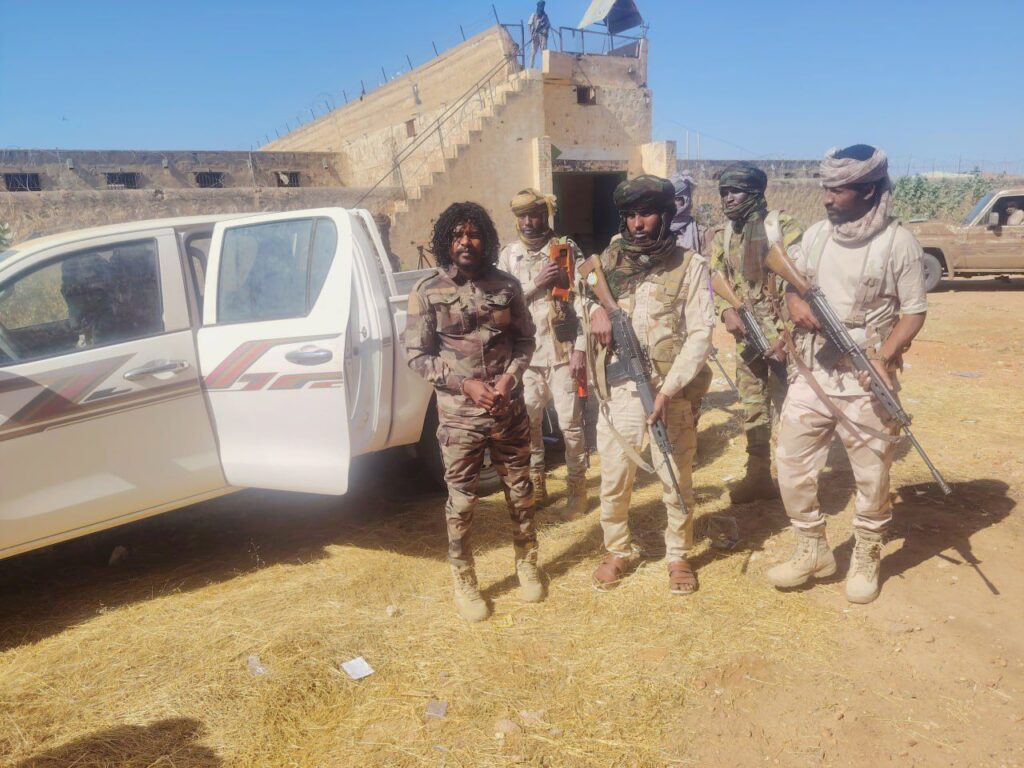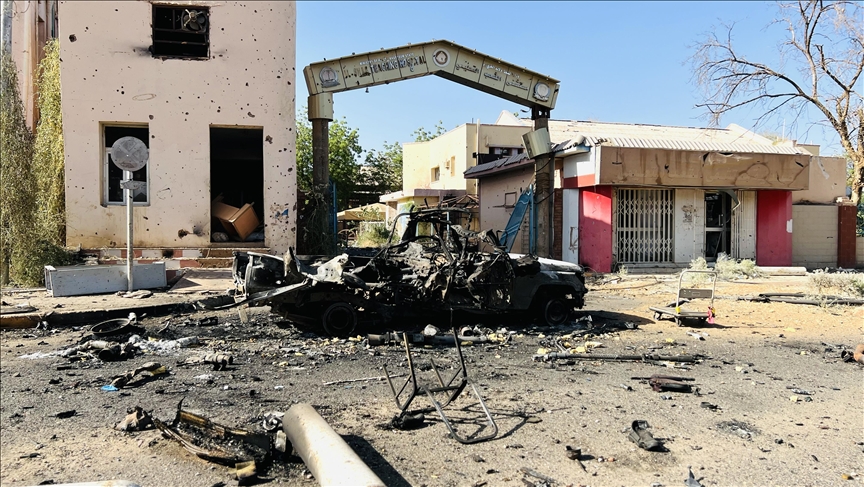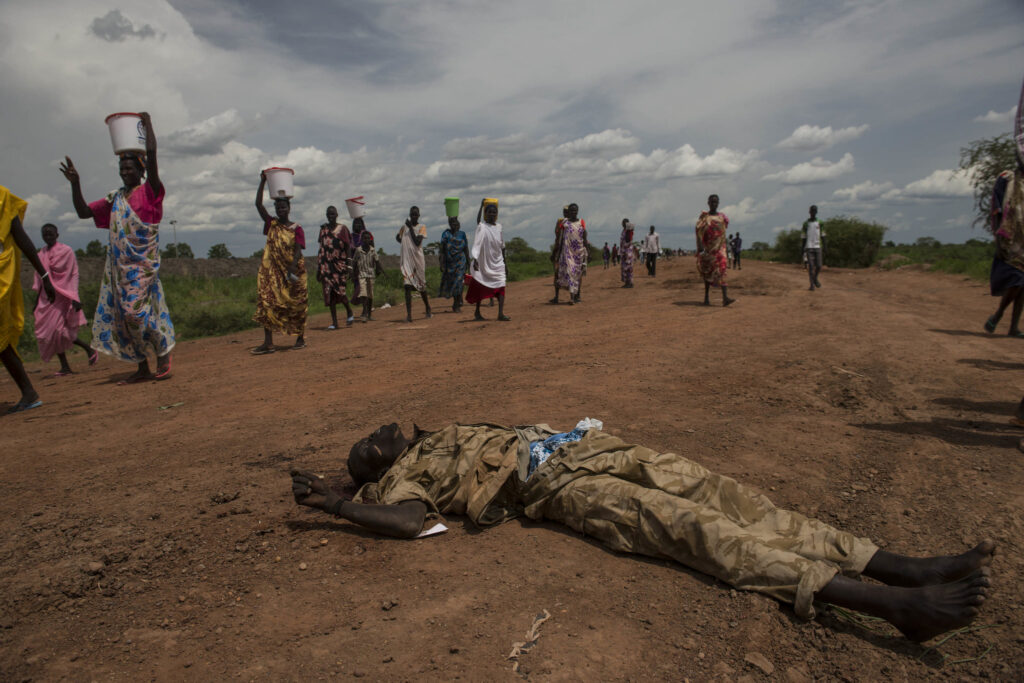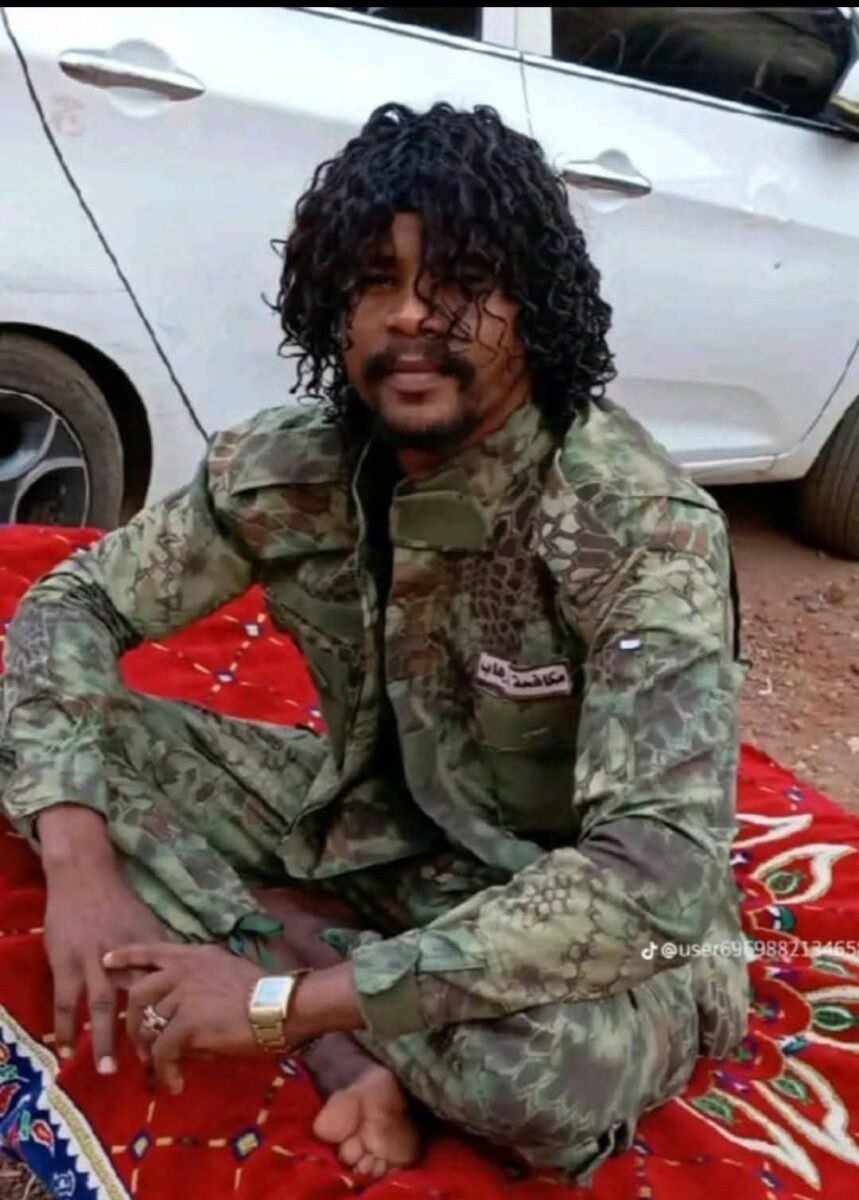
Sudan’s Rapid Support Forces (RSF) say they have arrested a commander nicknamed “Issa Abu Lulu,” identified by outlets and OSINT teams as Brig. Gen. Al-Fateh Abdullah Idris, after videos from El-Fasher appeared to show him overseeing and carrying out executions.
The RSF said legal committees have begun investigating “a number of individuals” accused of violations in El-Fasher, “foremost among them a man known as (Abu Lulu).” Independent confirmation of his detention, whereabouts, and charges was not immediately available.
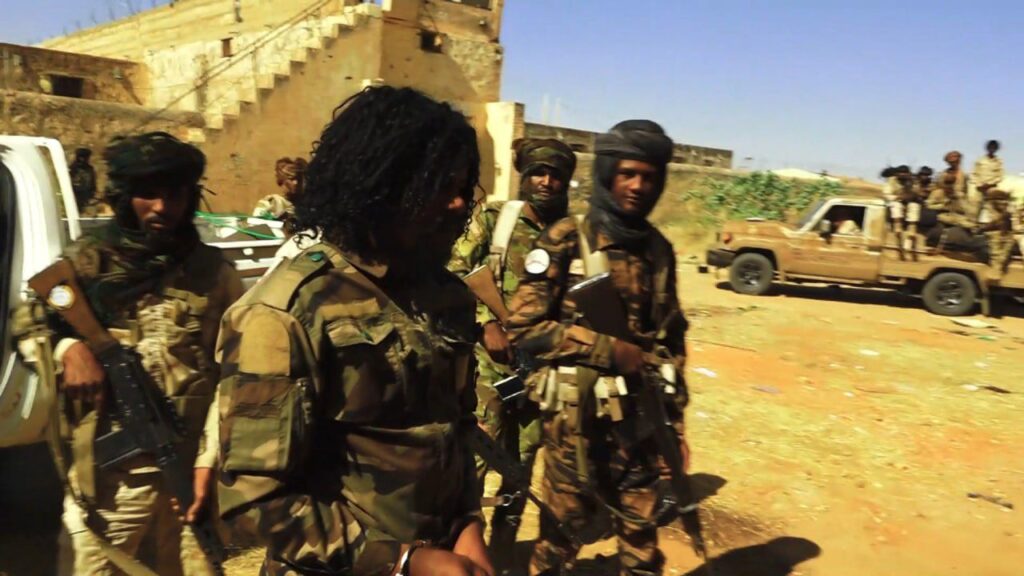
RSF announcement
A post on the RSF’s official Telegram channel on Thursday announced that, “in implementation of the leadership’s directives,” Abu Lulu and others implicated in violations in El-Fasher were arrested and referred to specialized legal committees “in preparation for bringing them to justice.”
Prior visual investigations and witness accounts linked a commander identified as Abu Lulu to on-camera killings during the RSF’s takeover of El-Fasher; geolocation and satellite imagery were used by major outlets and research labs to corroborate parts of the massacre sequence.
Profile — what we know, what’s alleged
• Identity: Frequently named as Al-Fateh (Al-Fatih) Abdullah Idris, widely known as “Issa Abu Lulu.” Multiple regional and international reports describe him as an RSF brigadier who appeared prominently in El-Fasher execution videos.
• Videos: Circulating clips show a commander taunting detainees and firing at unarmed captives; OSINT teams and newsrooms have authenticated locations and matched timelines around the city’s capture. Not every clip is verified; communications blackouts complicate time-stamping.
• Pattern: Reports describe executions on escape routes as RSF consolidated control of El-Fasher — making Abu Lulu a potential prime suspect for atrocity-crime accountability once custody and a credible judicial process materialize.
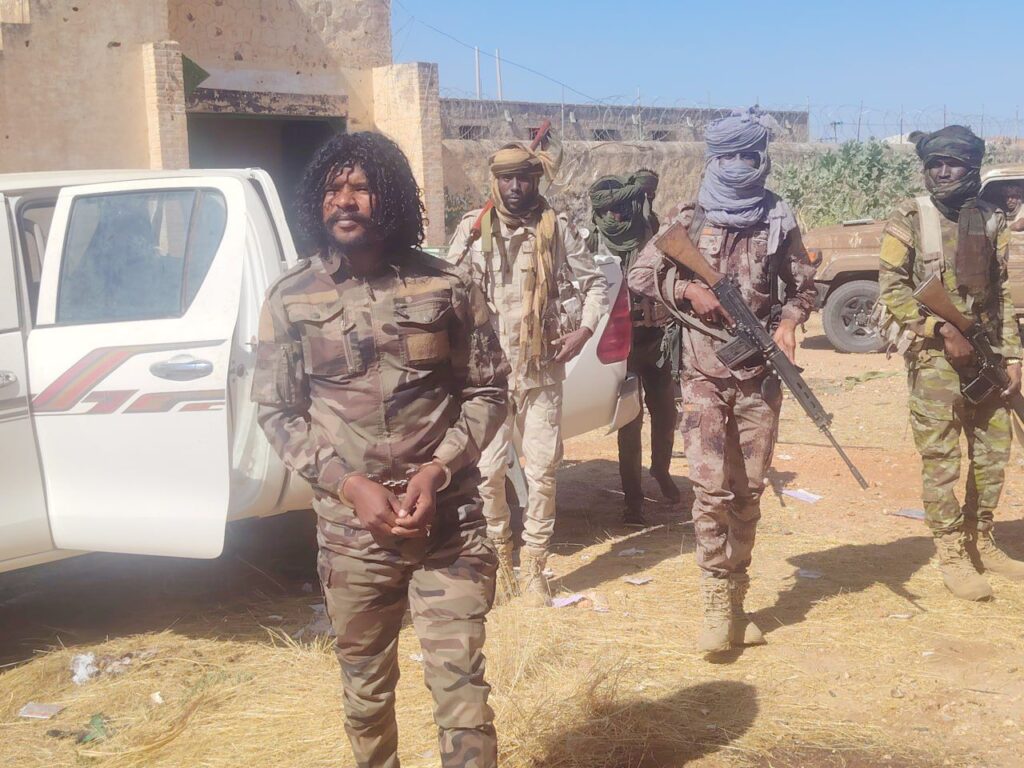
What the RSF says now
• The force says it has detained Abu Lulu and others, launched investigations, and will “bring them to justice.” It has not released charge sheets, an investigation mandate, the detainees’ custodial locations, or timelines for public findings as of yet.
Open questions
- Custody & due process: Where is he held? Who leads the “specialized legal committees”? Will proceedings be public, with access for independent monitors?
- Command responsibility: Will investigators examine chains of command during the El-Fasher operation and seek testimony from RSF field and staff officers?
- Evidence handling: Will authenticated videos, satellite corroboration, and victim/witness statements be preserved to international standards for any future proceedings?
If confirmed and pursued transparently, Abu Lulu’s arrest could be a watershed for accountability in Darfur; if it stalls in opaque “committees,” it risks appearing as damage control amid global outrage over El-Fasher.
Either outcome will set a precedent for how alleged atrocity perpetrators inside armed factions are handled.
